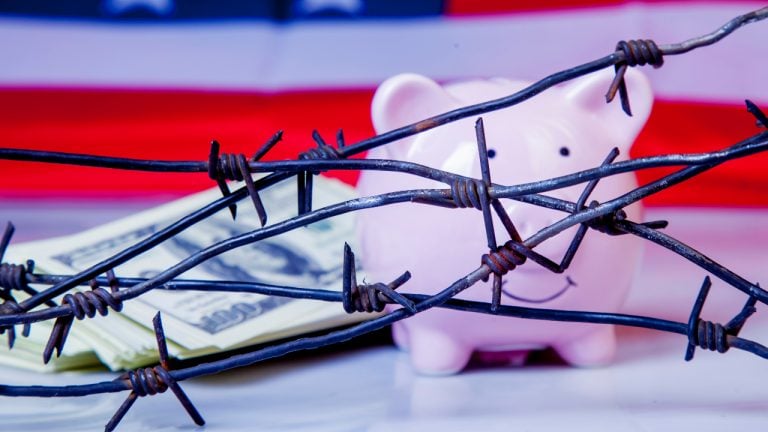
BitGo settles with US Treasury over sanctions violations in Iran, Syria and Cuba
The settlement repeats the Treasury's message that crypto companies will need to know their customers. The U.S. Treasury has settled with BitGo over charges that it facilitated users in sanctioned areas to transact using its crypto wallet services between 2015 and 2019.BitGo, an institutional crypto custodian service and wallet operator, did not do due diligence in blocking wallet users based in Crimea, Cuba, Iran, Sudan and Syria, said the Treasury's Office of Foreign Asset Controls in a Dec. 30 announcement. OFAC said of BitGo:"BitGo failed to exercise due caution or care for its....
Related News
Bitgo failed to stop people in Cuba, Iran and Syria, among other sanctioned places, from using its non-custodial wallet service, the U.S. said.
The U.S. Office of Foreign Assets Control has fined Bitgo for failing to prevent users in sanctioned countries from using its crypto wallet service. The agency says Bitgo processed 183 cryptocurrency transactions that were “apparent violations of multiple sanctions programs.” US Treasury Alleges Bitgo Allows Users to Bypass Sanctions The U.S. Department of the Treasury announced on Wednesday that the Office of Foreign Assets Control (OFAC) has entered into a $98,830 settlement with Bitgo “for 183 apparent violations of multiple sanctions programs.” Bitgo offers....
More than 1,500 users with residences in Iran reportedly had accounts at Kraken as of June, while 149 users in Syria and 83 in Cuba were also able to access the crypto exchange. The United States Treasury Department’s Office of Foreign Assets Control, or OFAC, is reportedly investigating crypto exchange Kraken for allegedly allowing users based in Iran and other countries to buy and sell crypto — a potential violation of U.S. sanctions.According to a Tuesday report from the New York Times, OFAC has been looking into Kraken’s alleged sanctions violations since 2019 and may be close to....
When the United States first began going after crypto companies for violating its economic sanctions rules, it didnt exactly start with a bang.In December, the Treasury Departments Office of Foreign Assets Control (OFAC) announced a settlement with crypto wallet provider BitGo after the Palo Alto firm failed to prevent persons apparently located in the Crimea region, Iran, Sudan, Cuba and Syria from using its non-custodial secure digital wallet management service. The penalty for the 183 apparent violations of U.S. sanctions? An underwhelming $98,830.This was the first published OFAC....
Economic sanctions against Iran have been lifted, but some sanctions still apply. A pair of attorneys at the global Pillsbury law firm claim that screening rules still exist when trading with Iran, which means complications for anyone in the U.S. and European Union (EU) doing bitcoin transactions with parties in Iran, according to City A.M., a London, U.K. newspaper. Attorneys Steven Farmer and Matthew Oresman claim some EU and U.S. financial sanctions remain in place against certain Iranian individuals and businesses. (The lawyers are both sanctions experts and Farmer is also a bitcoin....





